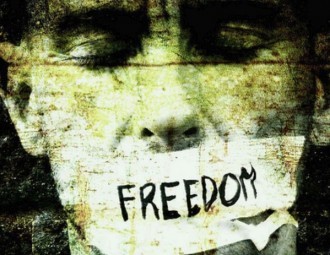BAJ: Blocking socio-political websites is a complete breakdown of law and order

The Board of BAJ adopted the statement on December 22 after a wave of shutdowns of independent Belarusan websites that followed the newly adopted amendments to the law on mass media.
As “EuroBelarus” Information Service has already informed, the law on mass media in Belarus was recently amended. From 2015 on the Ministry of Information will be empowered to order which content should be removed even to the websites that are not registered as mass media. In case of disobedience a defiant website may be blocked.
Since December 19, several informational Internet resources in Belarus have been subject to blocking, press service of BAJ informs. Most of them remain inaccessible from the territory of the country until now. In particular, users’ access to belapan.com and belapan.by, naviny.by, belaruspartisan.org, charter97.org, udf.by, 21.by, gazetaby.com, zautra.by have been restricted without explanations.
The journalists consider “the blocking of socio-political websites, for which no one has taken responsibility yet”, to be “a complete breakdown of law and order”. There are no any legal grounds to restrict access of Belarusian citizens to information about events in the country, the statement says, adding that “such actions on the eve of the forthcoming presidential elections in fact deprive electoral campaigns of any sense, because de facto a state of emergency was imposed on information in the country”. This totally breaks all international obligations of Belarus in the sphere of free media, and contradicts to the earlier voiced intentions of the authorities to improve relations with the West.
In this relation, BAJ demands that “the Ministry of Information of Belarus, the Operative Analytical Center under the auspices of the President of Belarus, the General prosecutor’s office, and all bodies possibly involved in the unlawful blockings take urgent measures to restore access to the mentioned websites”, as well as “hold an inquiry into the unlawful blocking of access to the mentioned websites in the territory of Belarus” and “identify persons responsible for the violations of law and hold them accountable according to legislation of Belarus”.
-
03.01
-
07.10
-
22.09
-
17.08
-
12.08
-
30.09



























